Urgent need to scale up health services in Cox’s Bazar
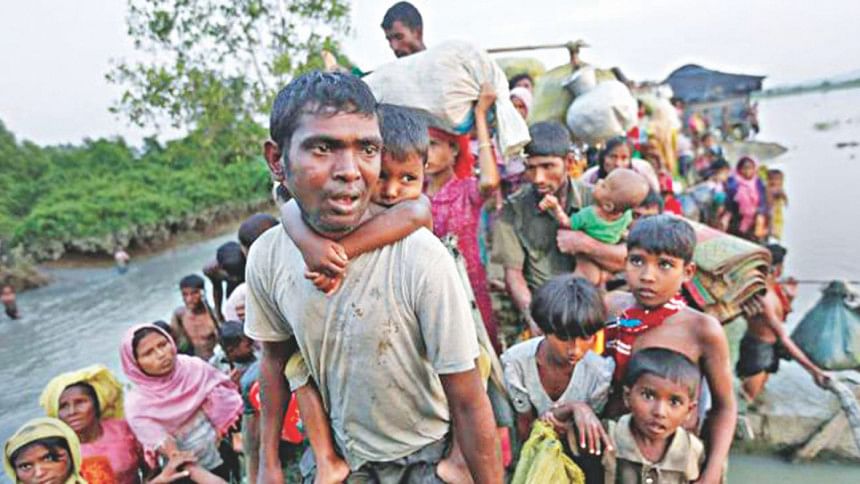
Calling for continued efforts to further scale up health services for nearly 1.3 million people in Cox's Bazar, Rohingyas and their surrounding host communities, the World Health Organisation (WHO) recently said six months after the start of the refugee crisis, the vulnerable populations remain at risk of several diseases and in need of critical services for survival.
"Commendable efforts have been made by the Government of Bangladesh and partner agencies to provide health services; prevent diseases such as cholera; and rapidly control outbreaks of measles and diphtheria. However, the challenges are huge, multiple and evolving. The magnitude of the crisis requires continued efforts and generous contributions by all partners to scale up health services for the vulnerable population," said Dr Poonam Khetrapal Singh, Regional Director for WHO South-East Asia.
An estimated 688,000 Rohingyas crossed over to Cox's Bazar from Myanmar beginning 25 August 2017, joining nearly 212,500 others who had arrived in earlier waves, in one of the largest population movement in the shortest span.
While majority of the refugees are living in Kutapalong and Balukhali mega camps and 11 other clusters of small and big settlements, about 79,000 are living with the host population. The mega camps are currently one of the world's biggest refugee settlement areas and also one of the world's most densely populated areas.
The health needs of this population continue to be immense. Women and young mothers need reproductive health services. An estimated 60,000 children are expected to be born in the camps in the next one year. Besides newborns, pregnant and young mothers; children, adults and the elderly need basic health services and that for injuries, trauma and various non-communicable diseases such as heart disease, diabetes, and importantly, psychosocial support.
"Water and sanitation, and shelter continues to be far from optimum, increasing the risk of rapid spread of several communicable and water borne diseases," the Regional Director said, stressing the need to accelerate efforts to address the key determinants of health on a priority.
For keeping a close watch on the situation, WHO established the Early Warning and Response System (EWARS), early as the crisis started, to rapidly detect and respond to disease outbreak to minimise death and disease. Additionally, WHO has been periodically carrying out risk assessments to enable Ministry of Health and partners take measures to detect potential health risks and take timely and appropriate measures.
The EWARS and risk assessments helped Bangladesh's decision to carry out large scale vaccination campaigns with cholera, measles and rubella, polio and diphtheria vaccines. WHO has been working with the Ministry of Health and partners to plan, roll out and monitor vaccination campaigns to ensure all children are protected.
WHO continues to lead and coordinate efforts of over 100 partners managing more than 270 health facilities — health posts, hospitals, treatment centres and mobile clinics — while also providing medicines and medical equipment, diagnostics, guidelines and trainings and building laboratory capacity.
The affected population has distinct and unique culture and language, a major barrier in impacting health seeking and hygiene behaviour.
"The Government of Bangladesh has been extremely generous and forthcoming in hosting and providing for the Rohingyas. However, the health sector is grossly under-funded and grappling to meet the needs of the affected population," Dr Khetrapal Singh said, appealing to international community to contribute generously and commit to support what clearly is set to be a protracted emergency.

 For all latest news, follow The Daily Star's Google News channel.
For all latest news, follow The Daily Star's Google News channel. 

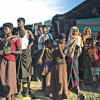

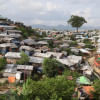
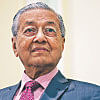
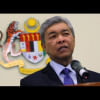


Comments